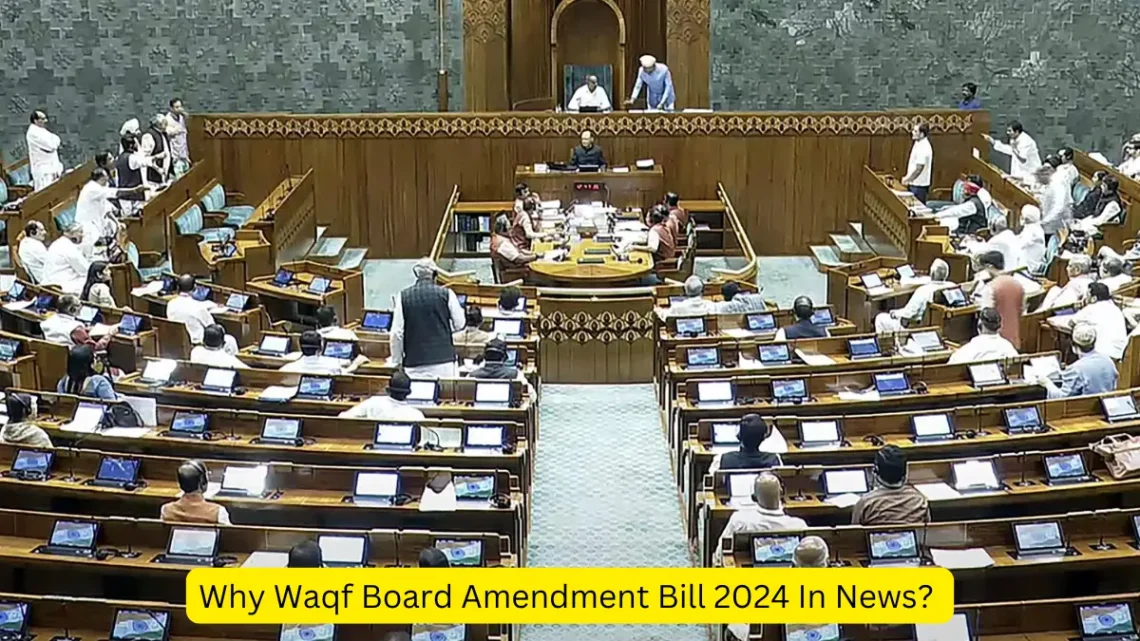
Modi’s Waqf Amendment Bill 2024 Against Muslims
August 20, 2024The Modi government’s Waqf Amendment Bill 2024 has faced significant backlash from a diverse range of groups, including religious scholars, civil society members, and political activists. Critics argue that the bill represents a direct intrusion into the religious affairs of Muslims in India and Indian-Illegally Occupied Jammu and Kashmir (IIOJK).
The bill is a legal tool designed to undermine Muslim autonomy. It is claimed that the bill targets Muslim institutions and faith, aiming to restrict their religious freedoms. Many view it as a political maneuver to weaken Muslim institutions and silence their religious voices.
The proposed legislation is perceived as a continuation of Modi’s broader strategy to erode Muslim religious rights and cultural integrity. The bill is a means to suppress religious expression and diminish the power of Muslim communities.
Mirwaiz Umar Farooq, a senior leader of the All Parties Hurriyat Conference (APHC), has voiced strong concerns about the bill. He said that it will significantly disempower Muslims across India, especially in Indian-illegally occupied Jammu and Kashmir (IIOJK).
The Waqf Amendment Bill 2024 is for potentially dismantling key Muslim institutions and diminishing their autonomy. Opponents claim that it is a direct assault on the core of Muslim self-governance and religious freedom, enacted through a single piece of legislation.
To summarize, the Waqf Amendment Bill 2024 for its perceived role in undermining Muslim autonomy and suppressing religious freedoms sparked widespread criticism. The bill is a part of a larger strategy to control and marginalize Muslim institutions and communities.

